King Lear (1988)
January 22, 1988Release Date
King Lear (1988)
January 22, 1988Release Date

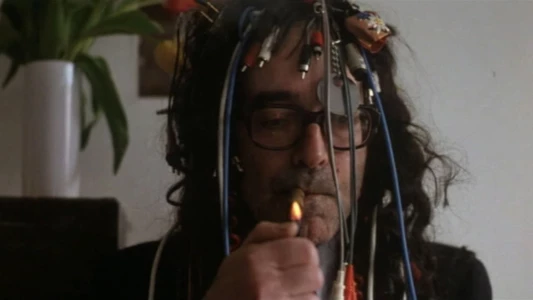
Plot.
Where to Watch.
Cast & Crew.

Peter Sellars
William Shakespeare Junior the Fifth / Writer
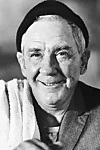
Burgess Meredith
Don Learo

Julie Delpy
Virginia

Leos Carax
Edgar

Molly Ringwald
Cordelia

Jean-Luc Godard
Professor Pluggy / Writer / Director / Editor / Executive Producer

Woody Allen
Mr. Alien (uncredited)

Freddy Buache
Professor Quentin Kozintsev (uncredited)
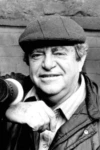
Menahem Golan
Self (voice) (uncredited) / Producer

Suzanne Lanza
(uncredited)

Kate Mailer
Self (uncredited)

Norman Mailer
Self (uncredited) / Writer

Michèle Pétin
Journalist (uncredited)

Sophie Maintigneux
Director of Photography
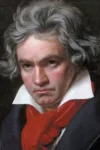
Ludwig van Beethoven
Music

Johann Sebastian Bach
Music
Media.













Details.
Release DateJanuary 22, 1988
StatusReleased
Running Time1h 30m
Content RatingPG
Budget$1,000,000
Box Office$61,821
Genres
Last updated:
This Movie Is About.
Wiki.
King Lear is a 1987 film directed by Jean-Luc Godard and produced by Cannon Films, an adaptation of William Shakespeare's play in the avant-garde style of French New Wave cinema. The script was originally assigned to Norman Mailer but Mailer's text was not used. The working script was written by Godard, assisted by Peter Sellars and Tom Luddy. It is not a typical cinematic adaptation of Shakespeare's eponymous tragedy, although some lines from the play are used in the film. Only three characters – Lear, Cordelia and Edgar – are common to both, and only Act I, scene 1 is given a conventional cinematic treatment in that two or three people actually engage in relatively meaningful dialogue.
King Lear is set in and around Nyon, Vaud, Switzerland, where Godard went to primary school. While many of Godard's films are concerned with the invisible aspects of cinematography, the outward action of the film is centred on William Shakespeare Junior the Fifth, who is attempting to restore his ancestor's plays in a world where most of human civilization—and more specifically culture—has been lost after the Chernobyl catastrophe.
Rather than reproducing a performance of Shakespeare's play, the film is more concerned with the issues raised by the text, and symbolically explores the relationships between power and virtue, between fathers and daughters, words and images. The film deliberately does not use conventional Hollywood filmmaking techniques which make a film 'watchable', but instead seeks to alienate and baffle its audience in the manner of Bertolt Brecht.
You May Also Like.

Terminator Salvation (2009)
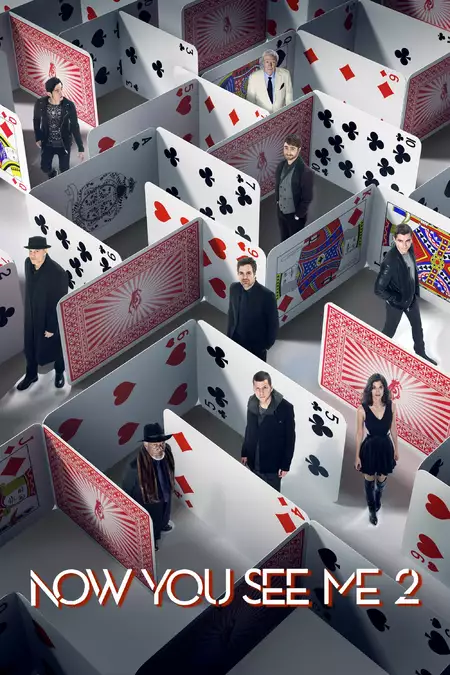
Now You See Me 2 (2016)
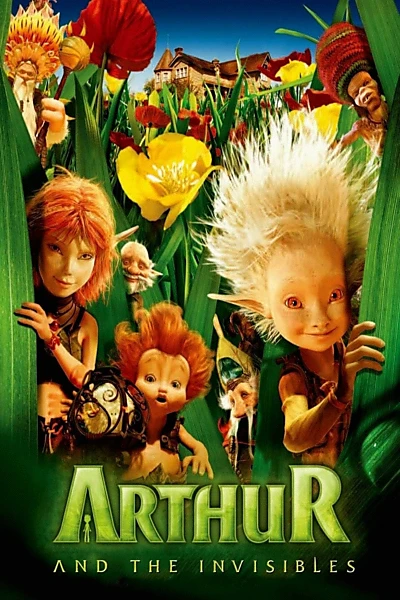
Arthur and the Invisibles (2006)
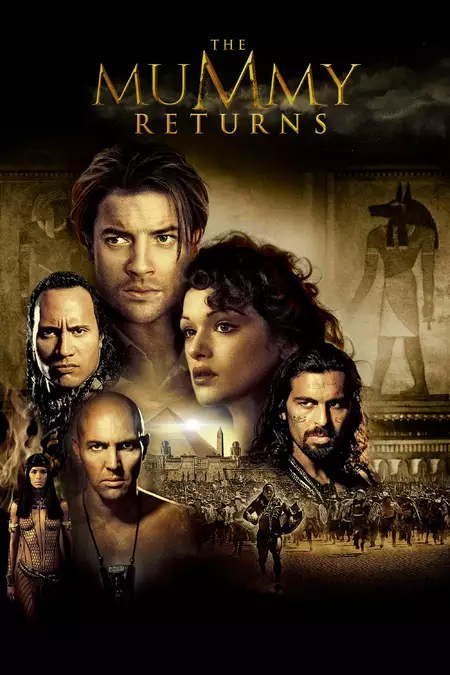
The Mummy Returns (2001)

Nymphomaniac: Vol. II (2013)
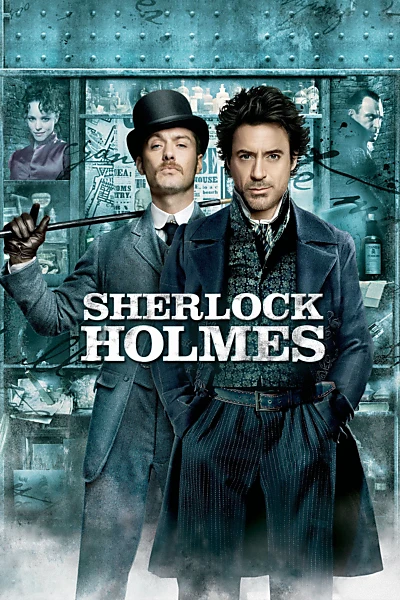
Sherlock Holmes (2009)

A Good Day to Die Hard (2013)
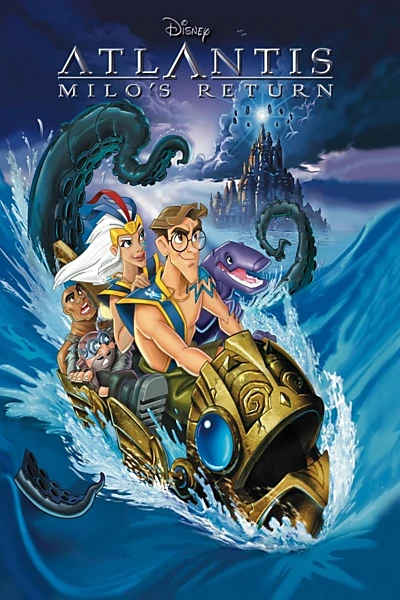
Atlantis: Milo's Return (2003)
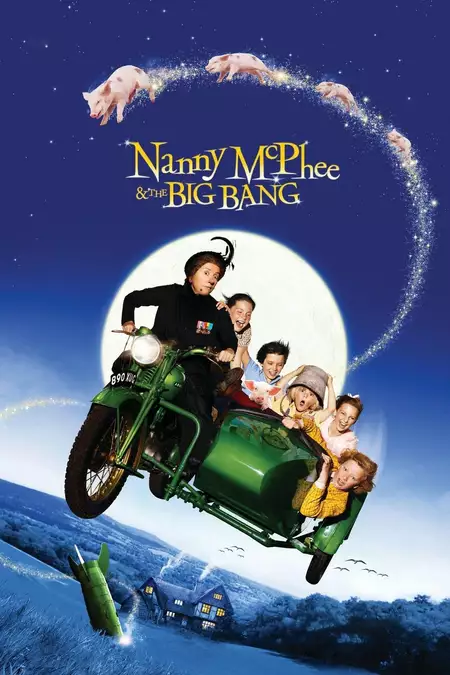
Nanny McPhee and the Big Bang (2010)
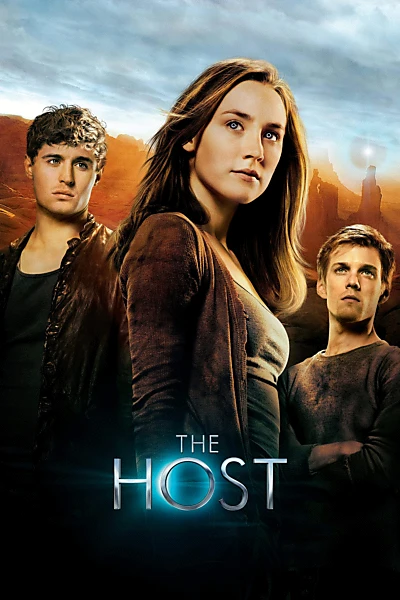
The Host (2013)
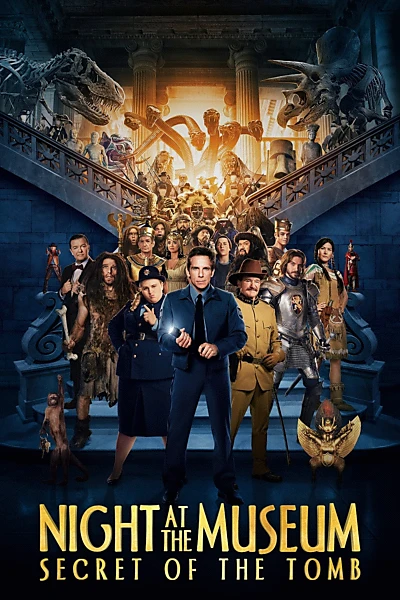
Night at the Museum: Secret of the Tomb (2014)

The Lucky One (2012)
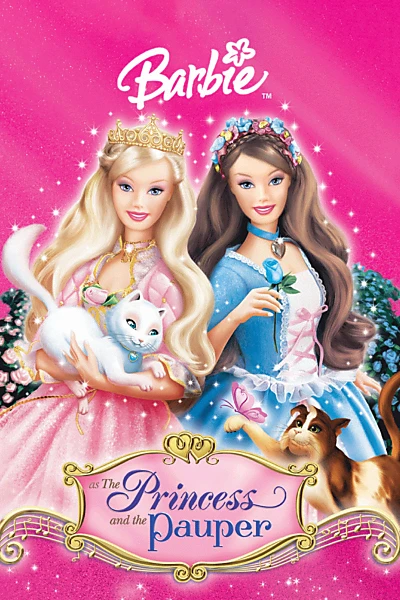
Barbie as The Princess & the Pauper (2004)
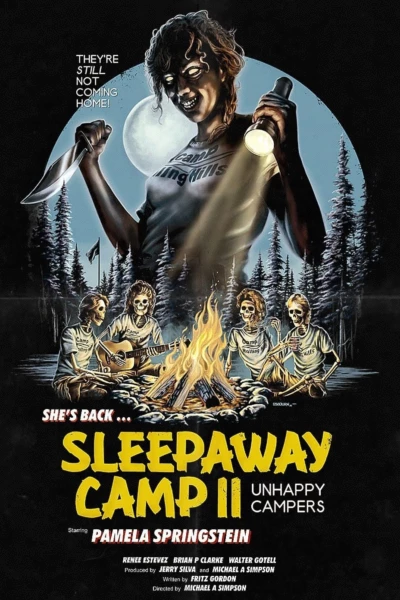
Sleepaway Camp II: Unhappy Campers (1988)
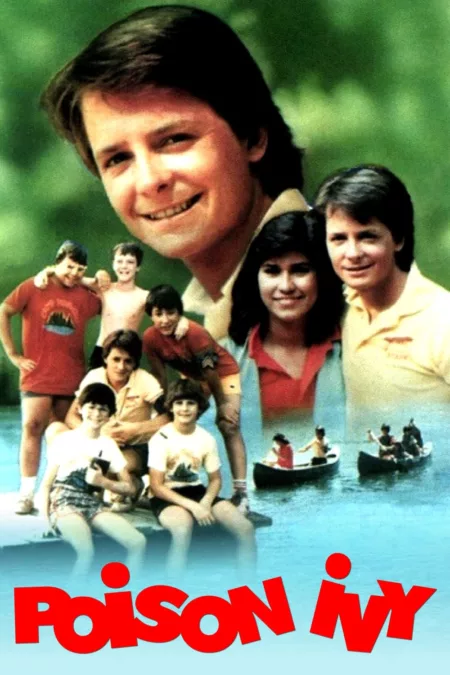
Poison Ivy (1985)

Ignorance Is Bliss (2017)
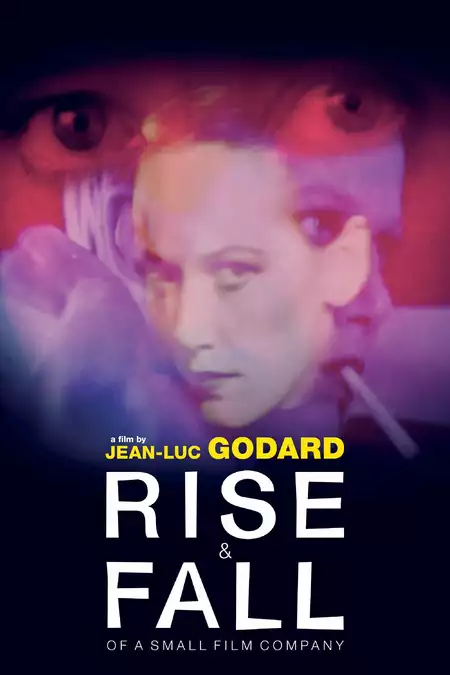
Rise and Fall of a Small Film Company (1986)
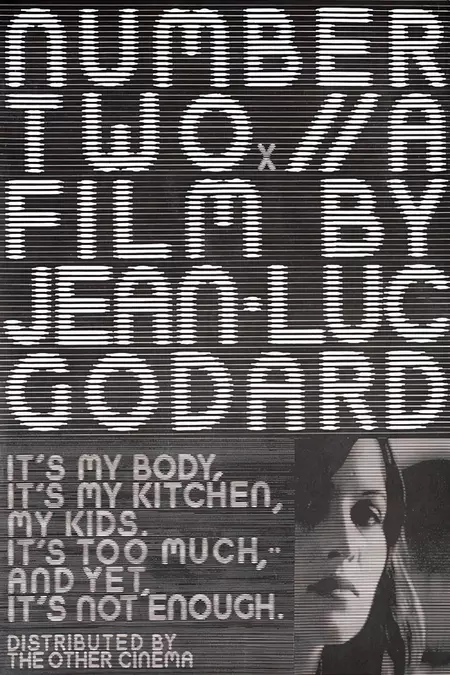
Number Two (1975)
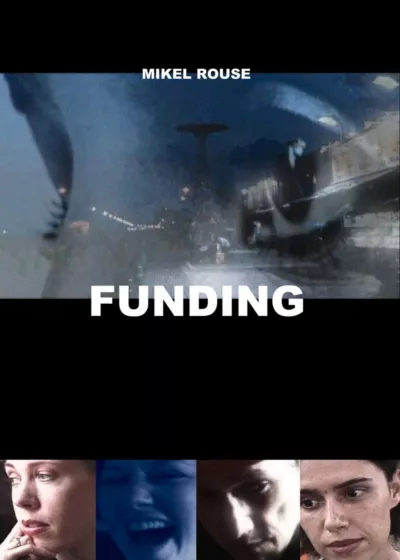
Funding (2001)






